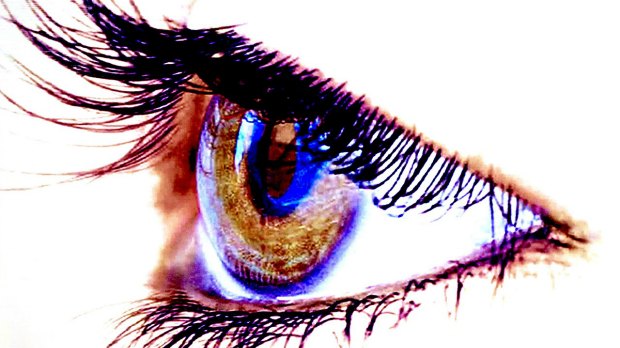 PIXABAY, HEBIFOTA gene therapy to correct an inherited form of blindness successfully restored vision in a Phase 3 clinical trial, according to a press release from the study’s sponsor, Spark Therapeutics. The achievement inches Spark’s treatment closer to being the first gene therapy to be approved in the U.S.
PIXABAY, HEBIFOTA gene therapy to correct an inherited form of blindness successfully restored vision in a Phase 3 clinical trial, according to a press release from the study’s sponsor, Spark Therapeutics. The achievement inches Spark’s treatment closer to being the first gene therapy to be approved in the U.S.
“We’ve all been hoping gene therapy will be approved for treating these retinal disorders, and to see the first example of that getting very close is exciting,” Debra Thompson of the University of Michigan’s Kellogg Eye Center told The Wall Street Journal. Thompson was not involved in the study.
The therapy, SPK-RPE65, is intended to correct for mutations in a gene called RPE65 that result in a rare blinding disease. Twenty-one patients received the treatment and demonstrated significant improvements in an obstacle-course task compared to control participants.
“The majority of the subjects given SPK-RPE65 derived the maximum possible benefit that we could measure on the primary visual function test, and this impressive effect was confirmed by a parallel improvement in retinal sensitivity. If approved, SPK-RPE65 ...














